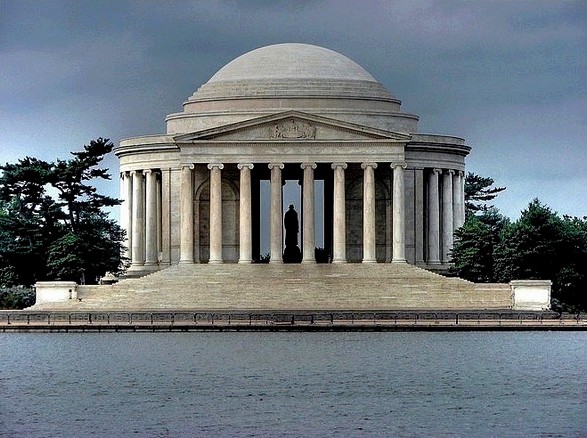|
|
LITR 4231
Early American Literature 2012 research post 1 |
|
Kayla Riggs
Women Writers Looked Over
In
literature class, women writers are often overlooked. This isn’t because
students or professors do not want to capture more work on them, but simply
because back in certain era’s writing was not a familiar place for women. Women
generally are depicted as the house wife, nurturing, and quiet type. They are
portrayed to stay to themselves, that the education field was not their grounds
to cover. Men have the superiority to write books, narratives, essays, etc… not
women. Therefore, in our literature classes, men are seen to be the educated,
men are studied and analyzed, men make up our discussions in class. Women
writers are nonchalantly overlooked. Of course, there are plenty of women who
were born to develop the typical role of a woman during the 1700’s or early
1800’s. But what about the women who wanted to grasp something more out of life?
Those who set out to have an education, an individual life without kids and a
husband, a life where they could write and be at peace with making a difference,
what were those women to do during this time period? “As women were cast into
the feminine, maternal role in Romantic national discourse, women like these who
defined themselves in other terms found themselves exiled… sometimes literally…
from the nation” (Keane). Women who had the ability to write amazing things did
not fit in through society, even if they did end up writing a piece of
literature, they are still not known today because we do not explore most of the
women writers.
Women writers were ignored mostly because they were feminists hoping to write
about women needing certain things equal to men. This is the main reason why
women writers became less important. The superior people in the society did not
want women coming around developing their own thoughts and opinions about why
women should be as popular as men. It was a man’s society, women stayed out of
it for the most part. This objective, to keep women feminists away from drawing
more equality, kept the few women who just wanted to write simply on nature and
other things out of the picture. A few women, who wanted equality for
themselves, lost the whole writing battle for the other women. Therefore, women
who just wanted to write were not allowed and if they did write, then it was
pointless. So, even if what they wrote was interesting and brilliant, there was
generally no hope for them to become famous or worthwhile. This is why there are
few women we study in literature classes. Wouldn’t it be intriguing to know some
women who tried to make it in a man’s world? Ann Franklin in 1762, who was the
sister of Benjamin, was the first woman newspaper editor in
Don’t get me wrong, I am not saying that it is men’s fault that women do not
have a place in literature classes. But, it is “a man’s world” and anything
going against men could be perceived to be negative. I feel as though this had
an effect on women and their writing during the 18th century. I found
a lot of insight on women writers, from the Romantic Era, the Gothic Era, the
Middle Ages, and more. In the preface by Woodworth, it discusses women writers
and how they display men. This is very important for the knowing of why women
writers are overlooked because if women display men poorly then why would men
let them write about them? Like I said above, most women writers were feminists,
trying to conquer the equivalence of men, therefore displaying them to be awful.
If someone were bashing me, why would I let them have the free will to write
about it? “Make them women free, and they will quickly become wise and virtuous,
as men become more so; … the virtue of a man will become wormeaten by the insect
whom he keeps under his feet” –Mary Wollstonecraft speaking about the
vindication of rights of women (Woodworth preface). I think this quote is
brilliant and quite humorous. It portrays the simple fact of what women will do
if they are famous for their writing. This is another reason why women were
overlooked.
As time plays on, women writers are becoming more important. The level of free
will for women has improved enormously and this gives them the opportunity that
women in the 18th century would have loved to have. In our era today,
women writers are just as equivalent to male writers and it is astonishing to
see this happen. Hopefully, one day when students are learning about our time
frame, they will not overlook the women writers and will study them just as in
depth as they will study the men. Although students can’t change the syllabus
for their literature classes, we can try to maximize all efforts to not overlook
these women who tried to change the world as well.
Works
Cited
Davidson, Cathy N., Linda
Wagner-Martin, and Elizabeth Ammons. The
Fronius, Helen.
Women and Literature in the Goethe Era, 1770-1820:
Determined Dilettantes.
Gilleir, Anke, Alicia Montoya, and
Suzanna Van. Dijk. Women Writing Back/writing Women
Back: Transnational Perspectives from the Late Middle Ages to the Dawn of the
Modern Era.
Keane, Angela.
Women Writers and the English Nation in the 1790s: Romantic
Belongings.
Woodworth, Megan A.
Eighteenth-century Women Writers and the Gentleman's
Liberation Movement:
|
|
|
|


